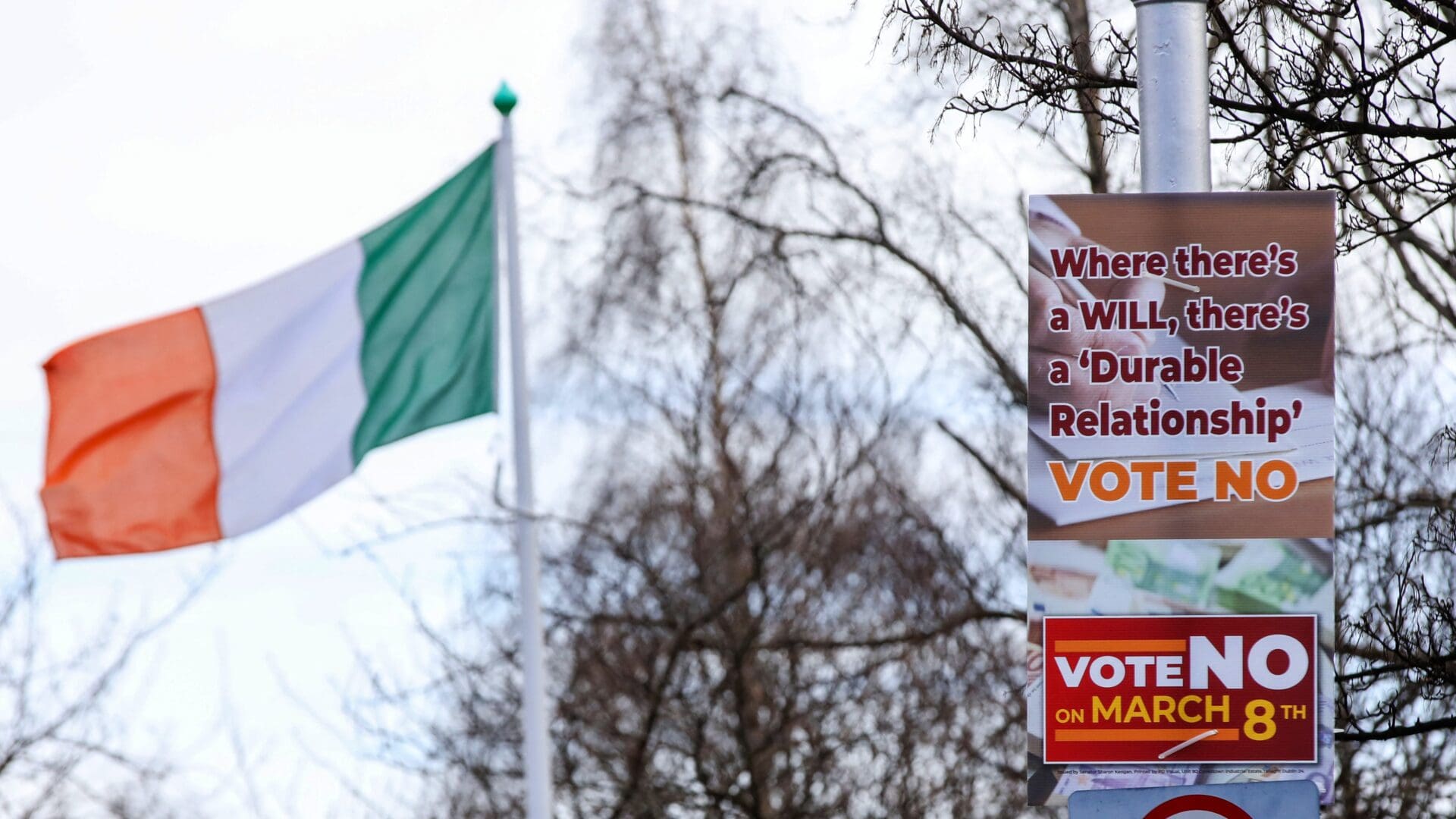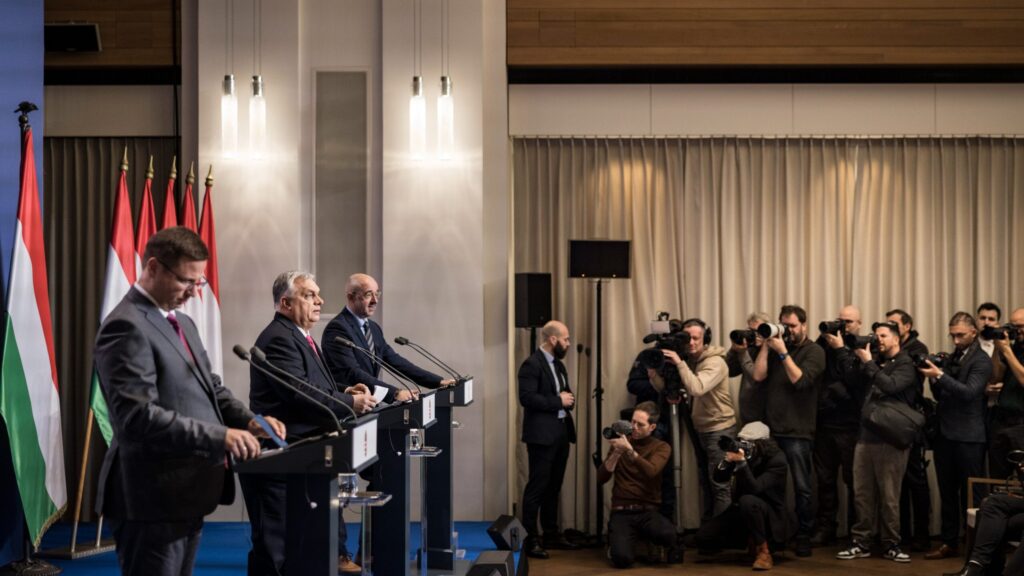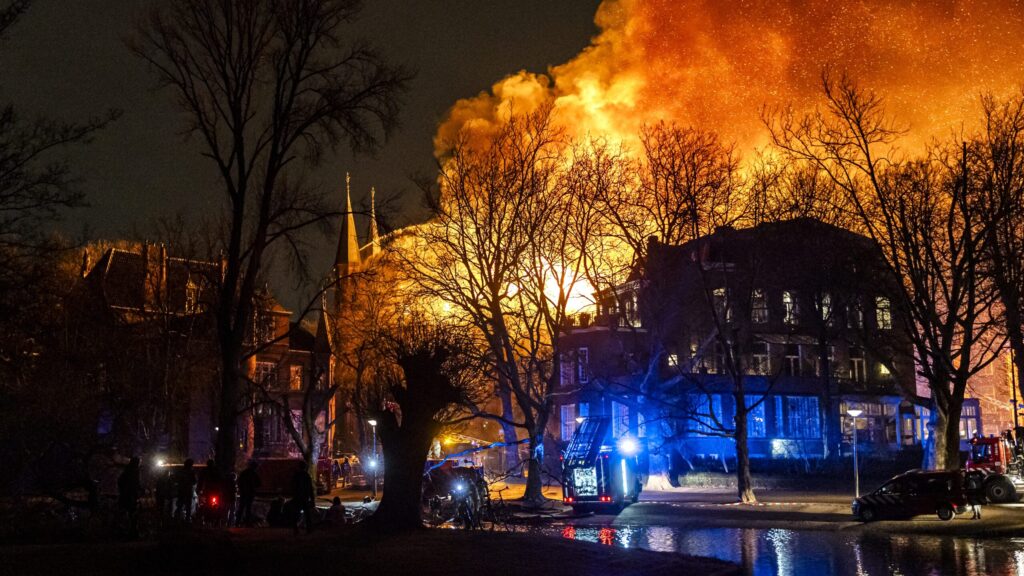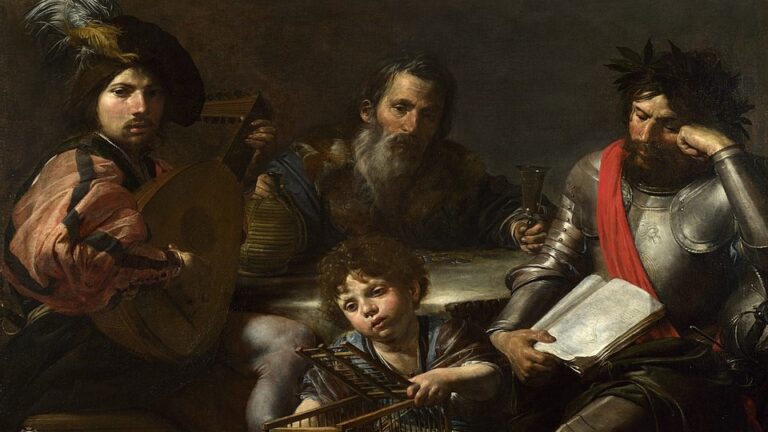When Hungarian policy receives foreign praise these days, an Irishman is rarely the source. So it was notable when Gript editor John McGuirk recently commented, ‘I often wonder whether, if the Irish people actually got to hear the dreaded far right PM of Hungary speaking directly to them about, say, immigration, they would still agree that Orban is the extremist and our lot the nice moderates. I doubt it.’
Hungarian–Irish relations have indeed been icy lately. In 2018, Ambassador István Pálffy, then Hungary’s representative in Dublin, felt compelled to write an Irish Times editorial defending the Irish prime minister’s official visit to Hungary. Irish political scientist and EU pundit John O’Brennan reserves much of his X invective for Hungary; as McGuirk’s statement suggests, O’Brennan’s views mirror those of much of the Irish intelligentsia.
In an otherwise unremarkable interview in the Budapest Times last year, when asked about Ireland’s experience in the EU in relation to Hungary’s, Ambassador Ronan Gargan condescendingly remarked, ‘I can only speak for Ireland’s experience. I don’t think the perception that it was very easy for Ireland to come [to] an epiphany overnight that we had to be open, progressive, and inclusive. It wasn’t that way at all—it took decades for us to get to the point where we are today.’ He went on to list globalization, declining influence of the Catholic Church, immigration, marriage redefinition, and abortion as ‘factors that contributed to our transition’—factors that he presumably expects to figure eventually in Hungarian society.
It is difficult to pinpoint exactly when this divergence began. In a 2021 article published in the Hungarian Review, Irish economist Ray Kinsella noted
the countries previously ‘shared a broadly similar cultural domain’ and asserted the global financial crisis of 2008–11 ‘was an inflection point,
leading to far-reaching changes in the governance of both countries.’ Kinsella added, ‘Ireland was, effectively, rolled over by the EU’s cult of austerity.’ Meanwhile, ‘Hungary’s policy response and, by extension, the affirmation of its political sovereignty have been vindicated. It might be said, however, that the EU progressivist orthodoxy has never forgiven it.’
Though the financial crisis might have been an inflection point, the state of Irish society has much earlier roots. Following the Irish abortion referendum in 2018, John O’Sullivan traced what he called the ‘100-year diversion in Irish history from West Britain to a prickly independent Catholic Republic back to West Britain again.’
In his 2001 work The Turning Point: My Sweden Year and After, Irish philosopher Desmond Fennell wrote:
From the late 1960s, a reprovincialising movement had been in progress. In a recrudescence of deliberate outward dependency, a derivative establishment – counter-revolutionary and increasingly anti-Catholic – worked to eradicate any vestige or stirring of autonomous Irish thinking, action or behaviour. The state of affairs was illustrated in a succession of referenda on particular issues. In a mockery of normal human diversity and of pluralist democracy, all the political parties and the entire national media united in telling the massified people how they must vote!
And the recommended way was always some kind of conformity with the current New York-London mores, or further subjection to dictates from Brussels.
It was like Bulgaria, say, during the years of Soviet domination – except that there wasn’t a Communist Party dictatorship to rationalise the herd-like behaviour and the trampling on the people’s humanity and autonomy. Other than as entertainers and as providers of beds for tourists, the Irish seemed intent on making themselves invisible.
The Hungarian observer might also note that Irish playwright Seán O’Casey, a committed communist, called the Soviet Union’s ruthless suppression of the 1956 Hungarian Uprising ‘a sad necessity’ and maintained his devotion to Moscow. Ireland’s trajectory, it seems, is long in the making.
For precisely this reason, Hungarians should heed Ireland’s example. Societal rot has existed for decades on the Emerald Isle, but only in recent years have its Catholic and Christian-democratic foundations palpably crumbled. Hungarian society becomes complacent over its cultural values at its own peril.
Furthermore, leftist activist groups view Ireland as a policy stepping-stone to Central European countries. According to a leaked 2016 strategy document from the Open Society Foundation, a pro-abortion referendum result in Ireland ‘could impact other strongly Catholic countries in Europe, such as Poland, and provide much needed proof that change is possible, even in highly conservative places.’ Kinsella asserts that ‘governance by NGOs, lavishly funded by the government in Ireland, systematically undermines representative democracy.’ He adds, ‘In Ireland, and in Hungary, it did so with the tacit and sometimes explicit approval of the EU.’
Hungarians are conscious of the systematic undermining of representative democracy currently occurring in longtime ally Poland. Despite the advent of an internationally touted ‘rainbow’ coalition government of left-wing, centrist, and establishment-right parties, and a plurality of votes for the outgoing conservative Law & Justice party, Polish society is being force-fed a leftist legislative wish-list of abortion expansion, transgender soldiers, and so-called ‘hate-speech’ provisions, to name a few.
Though there is plenty to learn from the Poles, Hungarians should look also to battle-hardened Irish conservatives, whose perspectives on these matters is valuable.
Demonized widely, they are living a reality comparable to Hungary’s erstwhile anti-communists.
Such political collaboration would be mutually beneficial. The poorly represented Irish Right has tallied some promising victories lately, including two unexpected, lopsided victories in recent referenda on family issues, the initiation of long-suppressed societal debate on the immigration issue, and the resignation of Prime Minister Leo Varadkar.
Yet, liberal parties Fianna Fáil and Fine Gael have often been virtually indistinguishable pro-Brussels entities, and the Labour Party, Green Party, and leftist-nationalist Sinn Féin all pursue formally left-wing policy platforms. Media like McGuirk’s outlet Gript and political parties like Aontú and the Irish Freedom Party are in their nascent stages. If these Irish voices are consigned to slow, organic growth, Irish society might be irreversibly altered before they can achieve widespread impact. In this regard, collaboration with likeminded Hungarian institutions would surely be beneficial.
The most enduring Hungarian–Irish connection is Joyce’s protagonist Leopold Bloom, whose family originates in Szombathely. While assessing the future, may Hungarians note instead the words of Michel Houellebecq, who lived in Ireland during the transformative early 2000s:
Most of them around here are Catholics…Well, that’s all changing now. Ireland is coming into the modern world. Quite a few hi-tech companies have set up here to take advantage of the tax breaks and the low social-security payments. Round here, there’s Roche and Lilly. And Microsoft, of course; every kid in the country dreams of working for Microsoft. People don’t go to mass as much as they used to, there’s more sexual freedom than there was a couple of years ago, there are more nightclubs, more antidepressants. The classic story…







